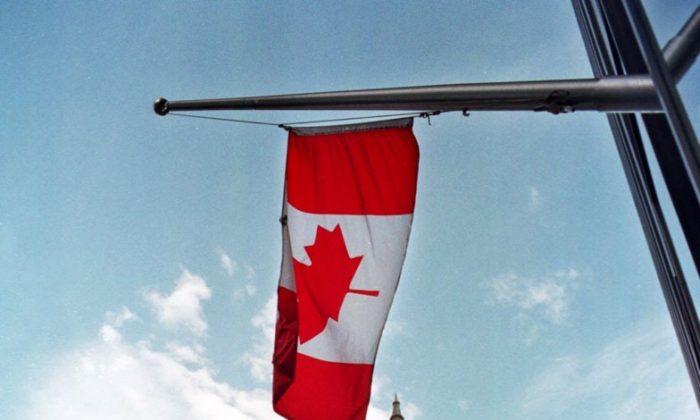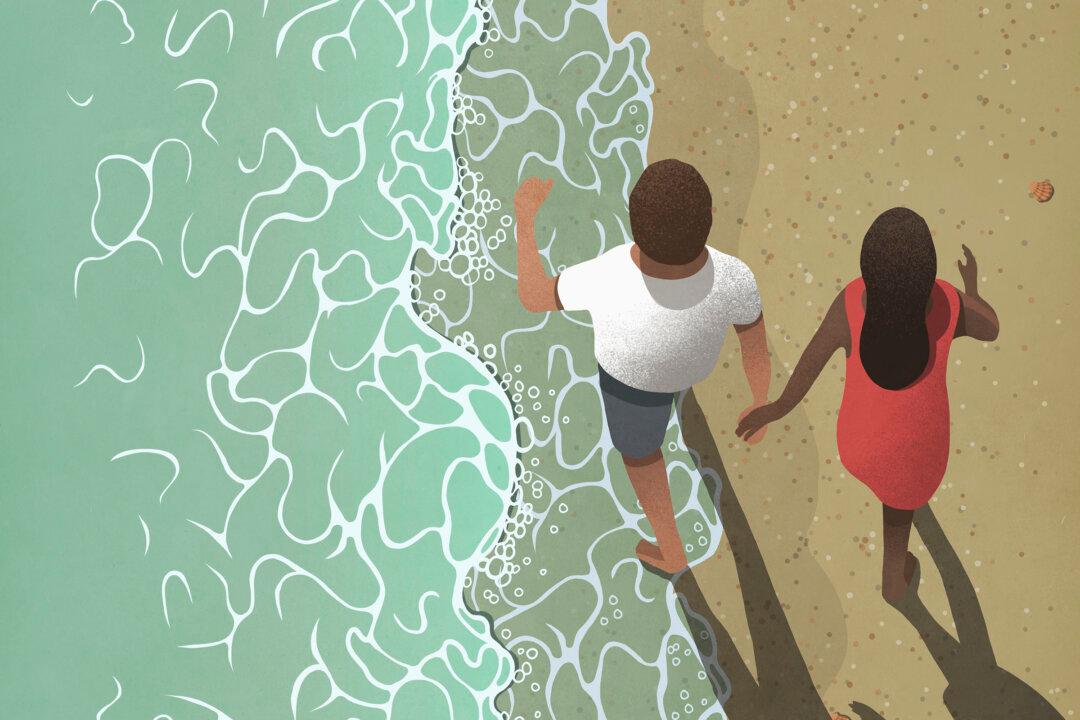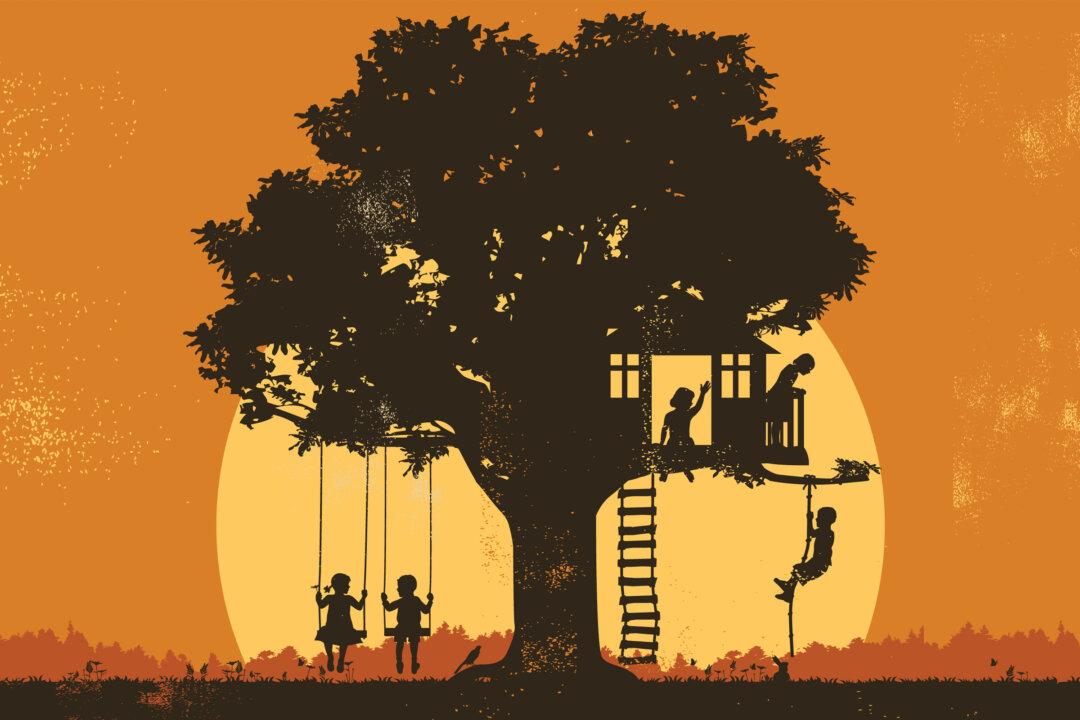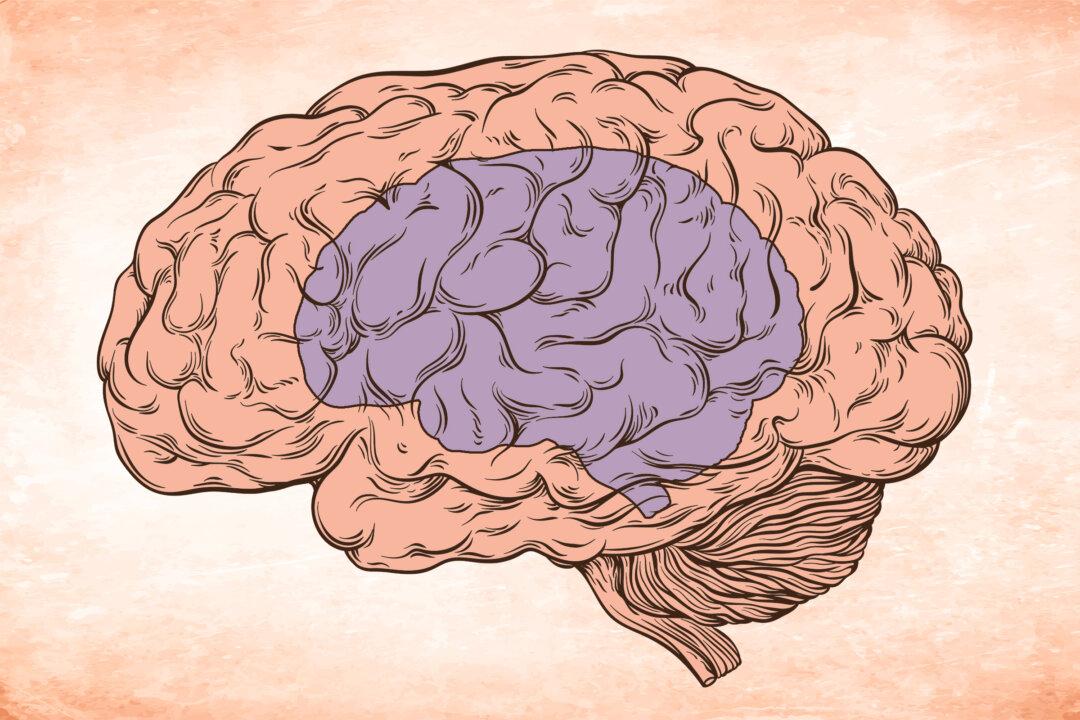OTTAWA, Canada—On Friday, in communities across Canada, thousands will stand silent for two minutes to mark the sacrifice of those who died far from home.
The duty of Remembrance Day has grown since it first began. The major wars it commemorates are more distant, with faded meaning, while the list of those it must pay tribute to continues to grow.
On that first Remembrance Day, Canada marked the end of World War I and started a tradition that would collect memories of the fallen with every passing year.
That first Remembrance Day marked the end of a war that saw Canada mature from teenager to adult—from a country still under direction of its British colonial parent, to a land known for its own achievements and the character of its native born.
When Canada came to Britain’s aid in 1914, it did so without choice, automatically embroiled in war because of the nature of the British Empire. And while the majority of Canadians, those of British descent, supported the move, those of French parentage did not.
When conscription came into force near the end of the war, it deepened a rift between Canada’s English—and French-speaking populations that would continue for decades.
Canada fought under its own command for the first time in that war, gaining renown for heroic battles at Vimy Ridge and Passchendaele. But just 20 years later, those victories would seem forlorn as Canada again sent its men to die on distant shores.
World War II marked another milestone in Canada’s life. For the first time ever, the country declared war under its own name. It did so in the footsteps of Britain’s own declaration of war against Germany seven days before, but only after Parliament came to its own decision.
Like the war that came before, this one would claim tens of thousands of lives. But with that sacrifice came respect, and a clearer voice for Canada in the world. Some 1 million would put on a uniform and by the end, Canada would have the third largest surface fleet in the world and the fourth largest air force. These were the days before health care and social services, when military spending claimed an unmatched portion of the country’s budget.
More wars would follow, and Remembrance Day would be called on to immortalize the valor of a growing legion of fallen.
In Korea and Kosovo, they fought and died. Korea, overshadowed by the devastation of the two great wars before, was almost forgotten even as it continued. It came long enough after the end of World War II that Canada had demobilized most of its military and needed to have a force worth sending in 1951.
But the Korean War came so soon after World War II that families were still feeling the loss of so many fathers, sons, brothers, and husbands. It made the 516 lost in Korea seem too small next to the 45,000 lost in World War II and 67,000 lost in World War I.
Since then, the numbers of fallen have slowed. War has become technological, precise, and fortunately limited. It’s also become, in some ways, more complicated. In the past, it was as easy as defeating an enemy; now it has come to mean winning a future for countries that struggle not to destroy themselves. No war has shown this as clearly as that in Afghanistan.
In Afghanistan, Canada took the hardest fought region of Kandahar. Some 158 have died there, more than all those lost in Canada’s peacekeeping missions of decades past. Thousands have served, and many have had their lives changed by injury and trauma. It’s a weight added to Remembrance Day’s duty, a burden this one day must carry in order to honor all that this country has given in the name of freedom, security and human dignity.
For two minutes, Canadians will stand silent. For those in countries where safety and stability seem distant dreams, this two minutes may not seem long enough to honor the men and women who risked everything for people they'd never met, in wars that rarely threatened their own country.
Lest we forget.







